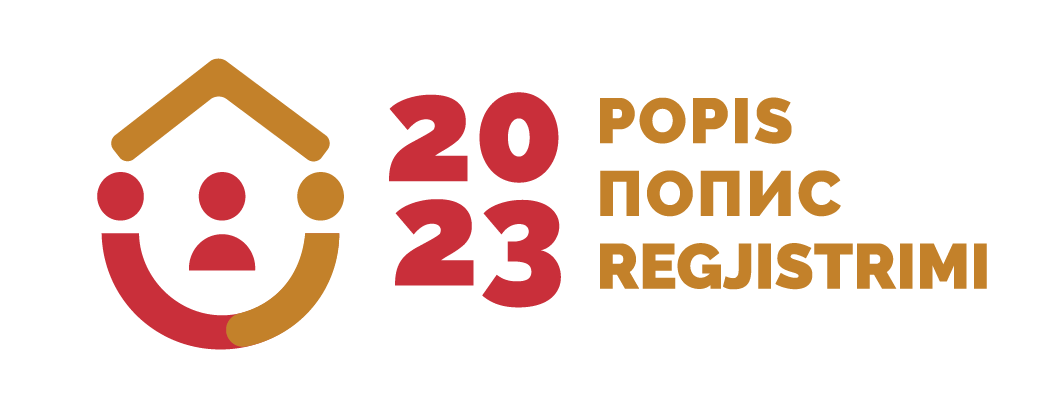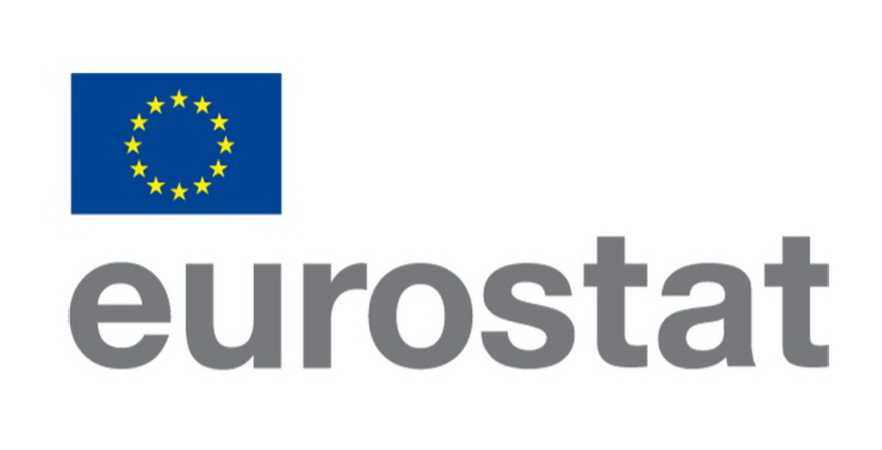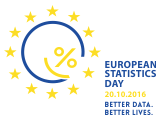Quality management, in general terms, includes the quality of the management of the statistical system and the production process, and in the narrow sense it guarantees the quality of the statistical result. Compliance of production processes throughout the institution form the ground for increasing productivity and for the permanent promotion of the quality of the statistical result itself. The Quality Management System of the Statistical Office relies on the European Statistics Code of Practice and the principles of Total Quality Management (TQM), which symbolize a common framework for the quality of the European Statistical System.
By introducing a quality management system, the Statistical Office will enhance the quality of statistical processes, final results and user satisfaction. Activities concerning permanent enhancement within a coherent and regulated system will lead to better efficiency of the production process and increase the quality of the statistical results themselves.
Output/Product Quality Criteria In line with the last five ES Code of Practice Principles, output quality in the ESS is assessed in terms of the following quality criteria:
1. Relevance: outputs, meet the needs of users.
2. Accuracy and Reliability: outputs accurately and reliably portray reality.
3. Timeliness and Punctuality: outputs are released in a timely and punctual manner.
4. Coherence and Comparability: outputs are consistent internally, over time and comparable between regions and countries; it is possible to combine and make joint use of related data from different sources.
5. Accessibility and Clarity: outputs are presented in a clear and understandable form, released in a suitable and convenient manner, available and accessible on an impartial basis with supporting metadata and guidance.







